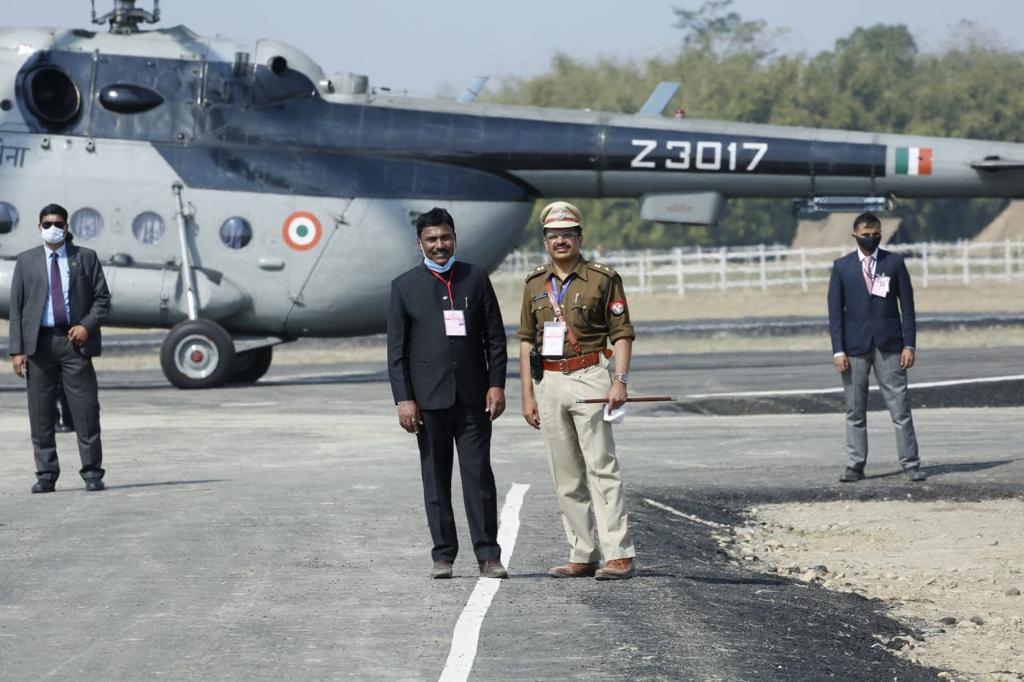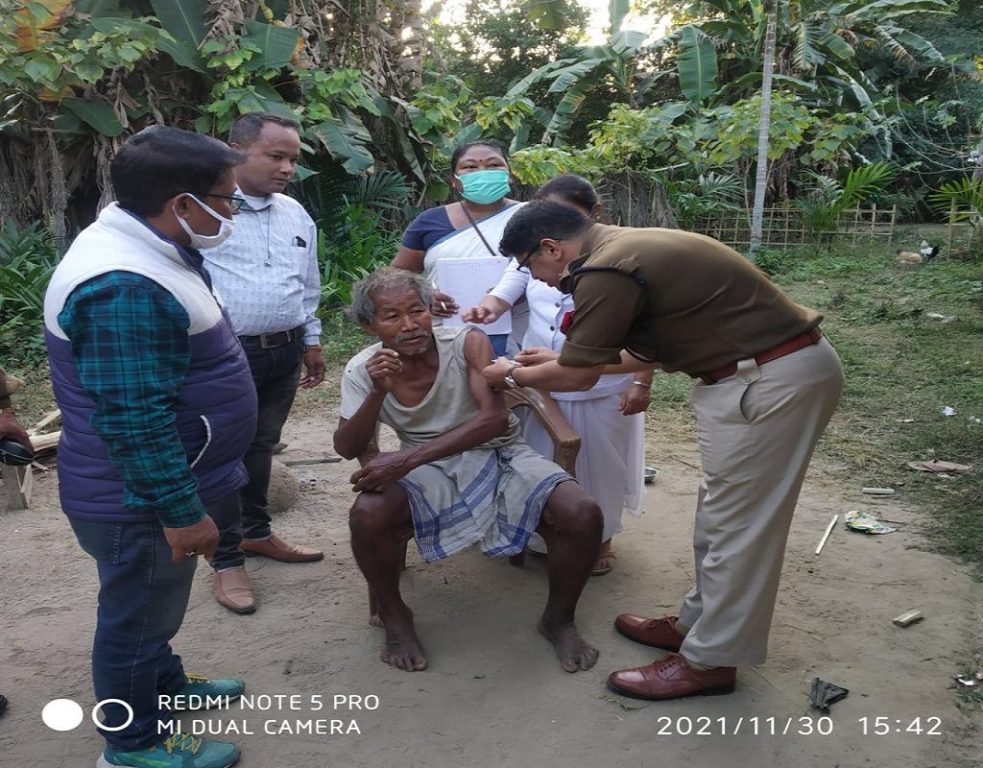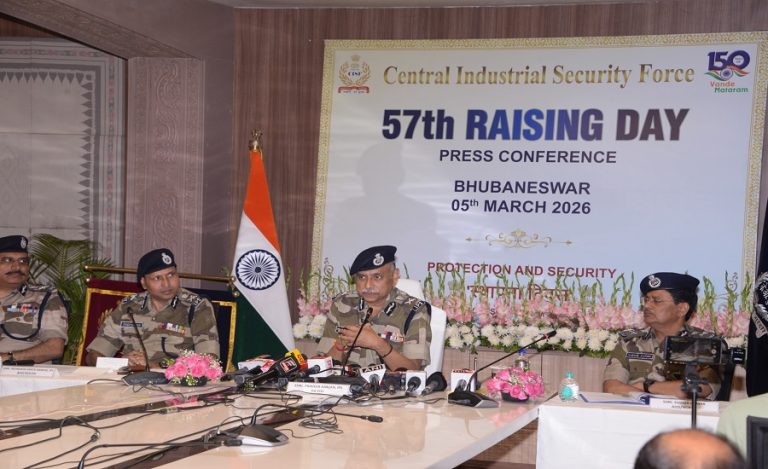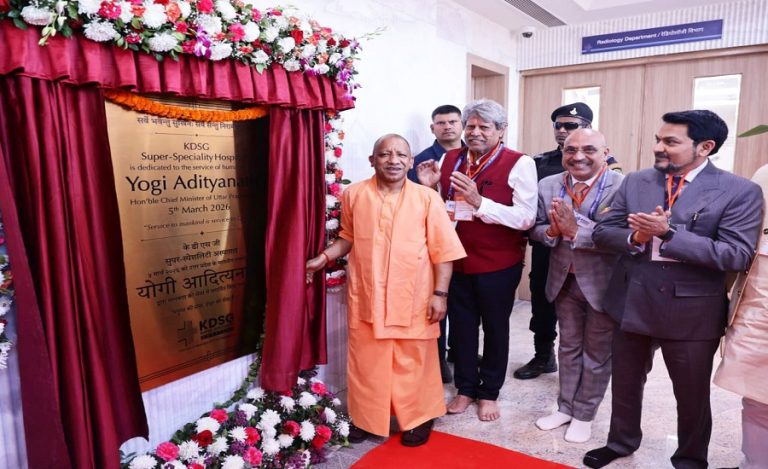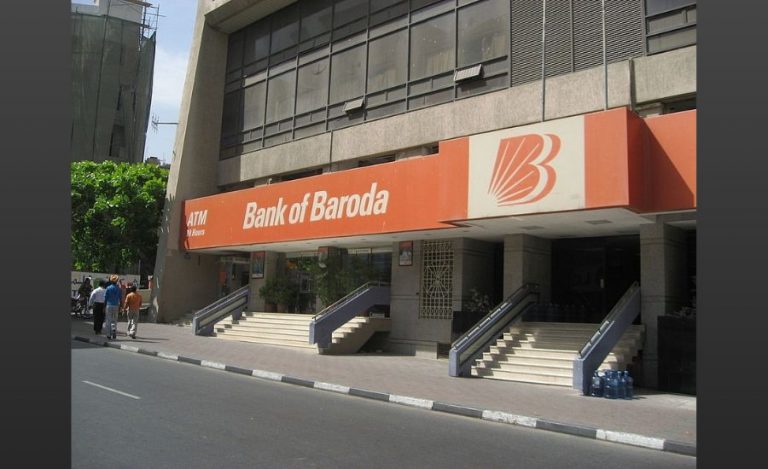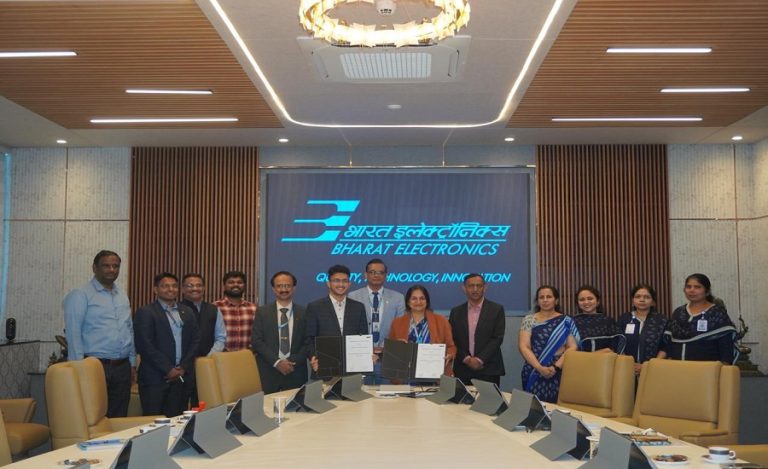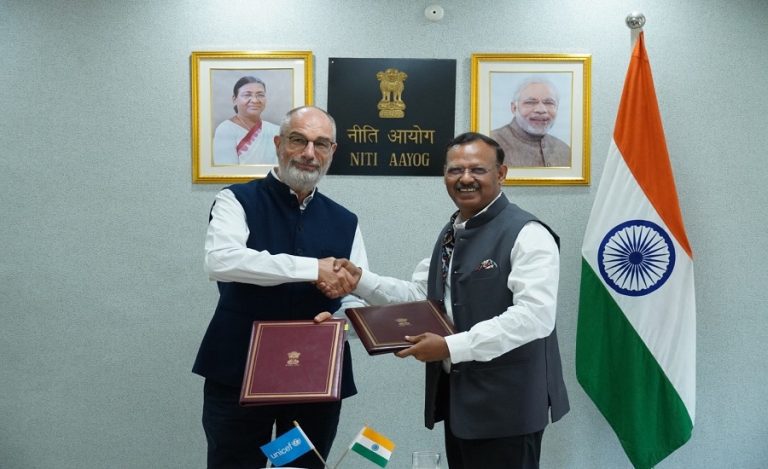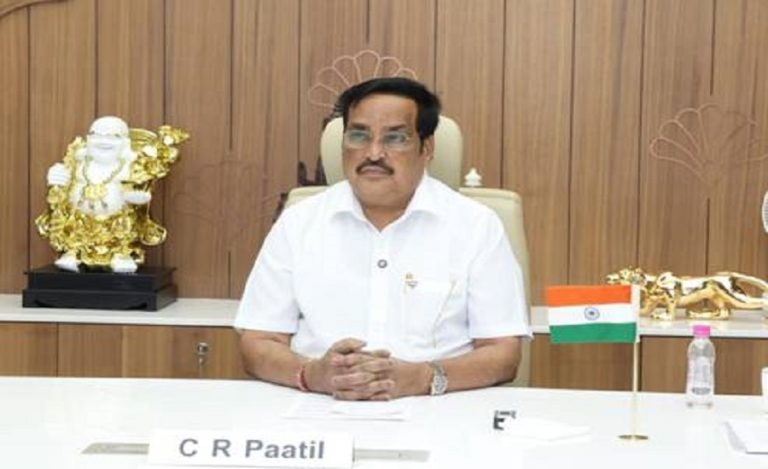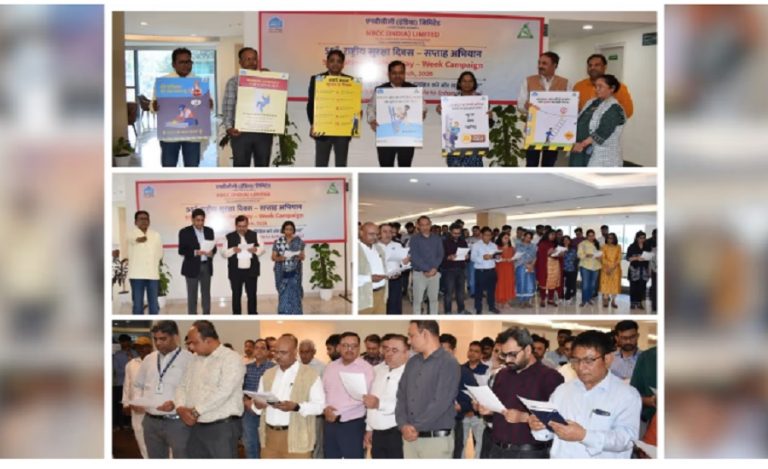Yesterday, a photograph from Assam circulating on social media caught the attention of a lot of people. It was a photograph of a police officer in uniform administering Covid vaccine to a person. Besides the natural curiosity, eyebrows were raised, also. Indian Masterminds was curious, too, and contacted this officer to find out why he had to administer the vaccine himself when so many medical personnel were around.
The officer in question is Superintendent of Police, Sonitpur. And he is an MBBS doctor. Before joining Civil Services, he worked as a medical officer in ONGC Mumbai for some time. In an exclusive conversation, IPS Ghanwat told Indian Masterminds why he had to administer the vaccines himself and also outlined a few proactive initiatives taken up by him at the height of the Covid war, that received praise and recognition from all quarters.
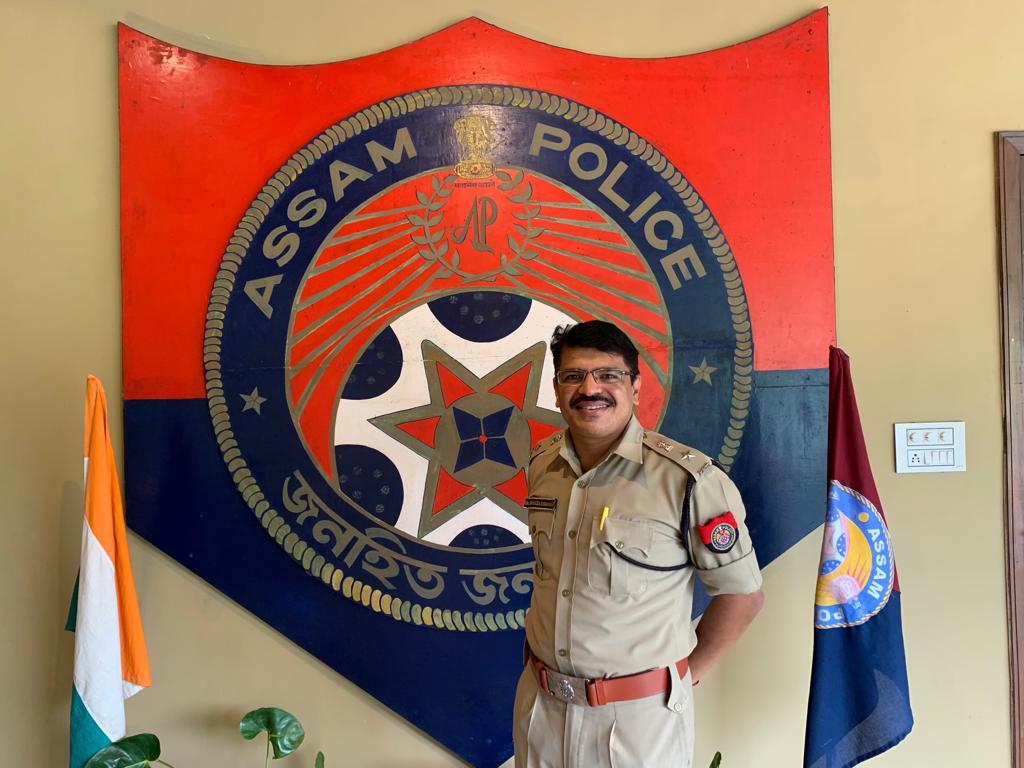
TO ASSUAGE FEARS
IPS officer Dhananjay Ghanwat accompanied a medical team to a remote tribal village in Sonitpur district for ‘Har Ghar Dastak’, the door-to-door vaccination campaign launched by the central government. The campaign has become more urgent now because of the scare of the Omicron variant, with WHO issuing warnings to nations to take early precautions.
However, the team encountered stiff resistance in the village, predominantly inhabited by people of the Bodo tribe. Because of superstitions and fear for the vaccine, the people of the village stubbornly refused to take the jab.
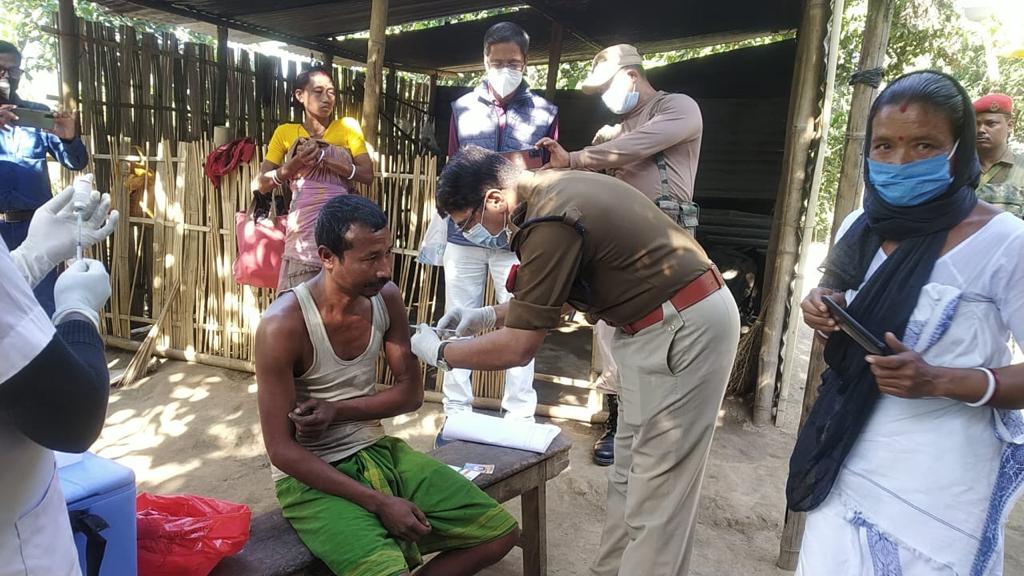
It was left to the district police chief to step in and assuage the fears. Mr. Ghanwat explained to the people why the vaccine was necessary and why there was nothing to fear about it. Then he went a step ahead and said he will administer the vaccine himself. On hearing that the SP of their district would administer the vaccine to them, the villagers’ fears got allayed and they agreed to take the jab.
The policeman in him stepped aside as Dr Ghanwat took over and administered the vaccines.
“The villagers were adamant not to take the vaccine jab. That’s when I had to step in. Since I am a MBBS, I am qualified to do so. The moment I said I will personally administer the vaccines, the villagers’ fears were assuaged and we could instil confidence in them. One by one, they came forward to take the jab.”
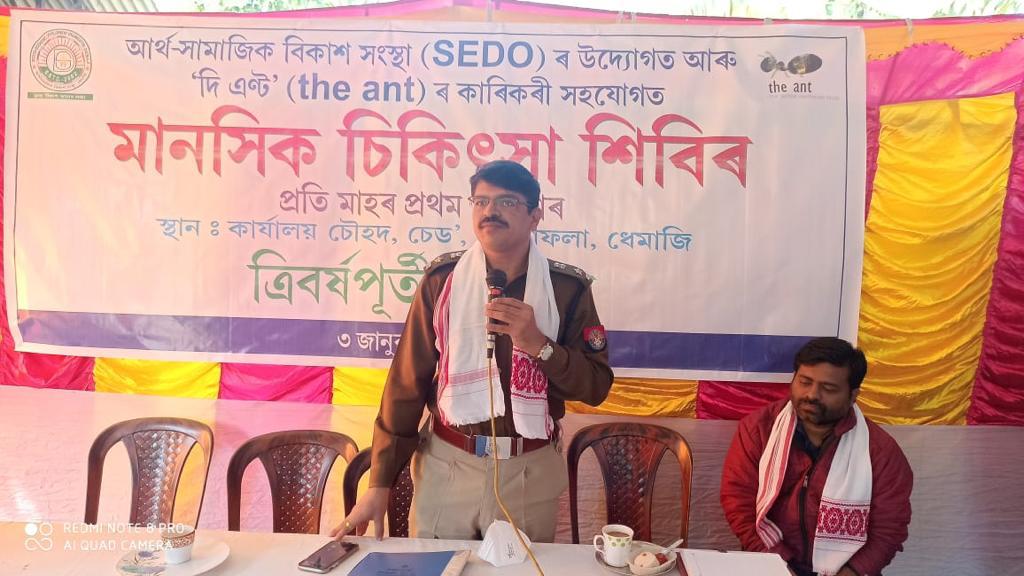
COVID SENTINEL
Being a qualified doctor helped this police officer to take many proactive steps during the first and second waves of the pandemic, as he was more aware of the ground realities, and his medical knowledge helped him to put into place some adequate measures to contain the spread.
During the first wave, Dr Ghanwat introduced the ‘Covid Sentinel’ project in his then district, Dhemaji, which was so successful that it was adopted by Assam Police and implemented in the entire state.
The project was conceptualised by Dr Ghanwat with help from a medical practitioner, Dr Gayatri Gogoi, and was launched with NGO Pratishruti as a partner. They roped in youths to work from home in a social call centre, thereby utilising around 500 youth productively during the lockdown.
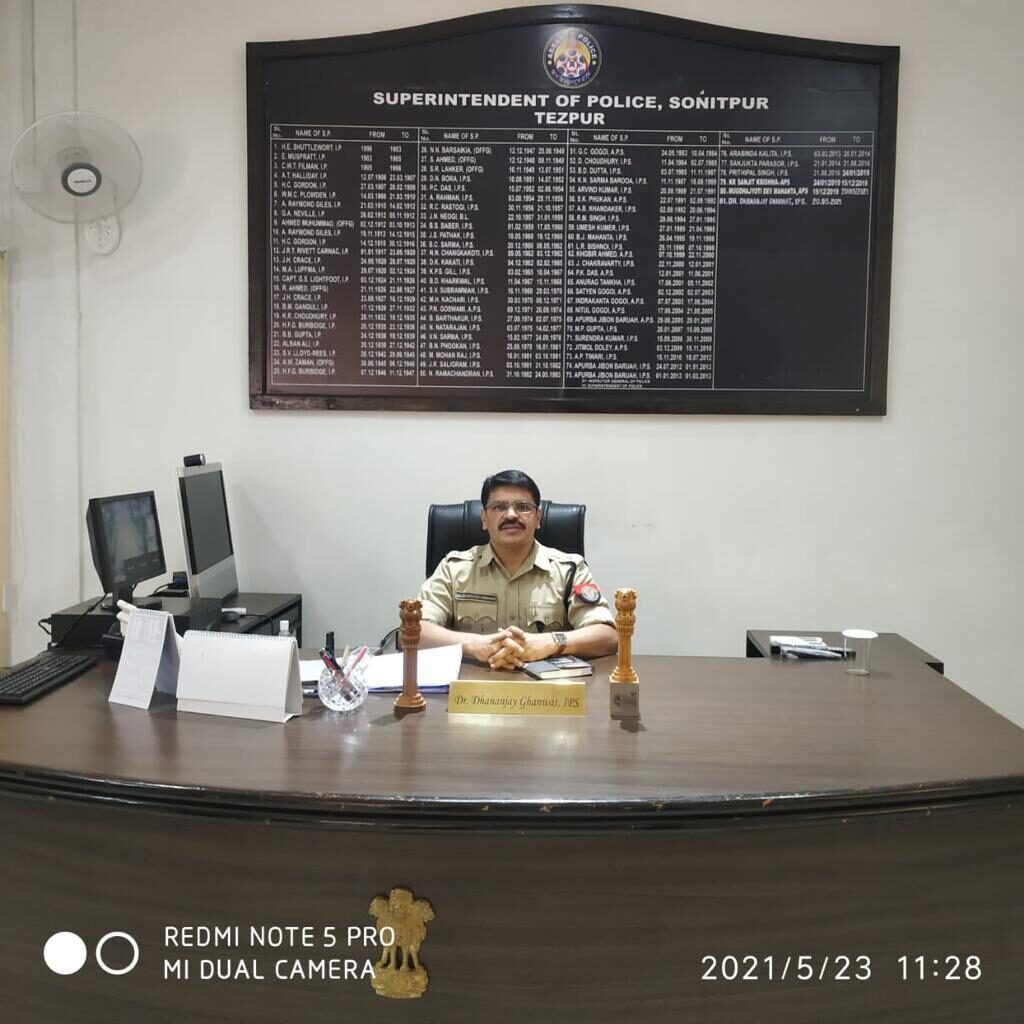
“The project involved a four-layer strategy. 1. Monitoring. We kept track of the patient and family’s whereabouts. Besides talking to them on phone, we also used a geo fencing android app to know their locations. 2. Explaining the Dos and Don’ts. We explained Covid appropriate behaviour to them in colloquial language. 3. Trouble shooting. We took care of their financial, medical, psychological, and policing needs. 4. Research. We gave them a questionnaire to fill out and, also, recorded their calls. We recorded 7 lakhs calls and our research papers got published in medical journals.”
The officer further informed that they also invited eminent personalities like singers, musicians, sports persons etc, to interact on zoom sessions with the call centre youths to enthuse and motivate them. It was a good community movement, he said.
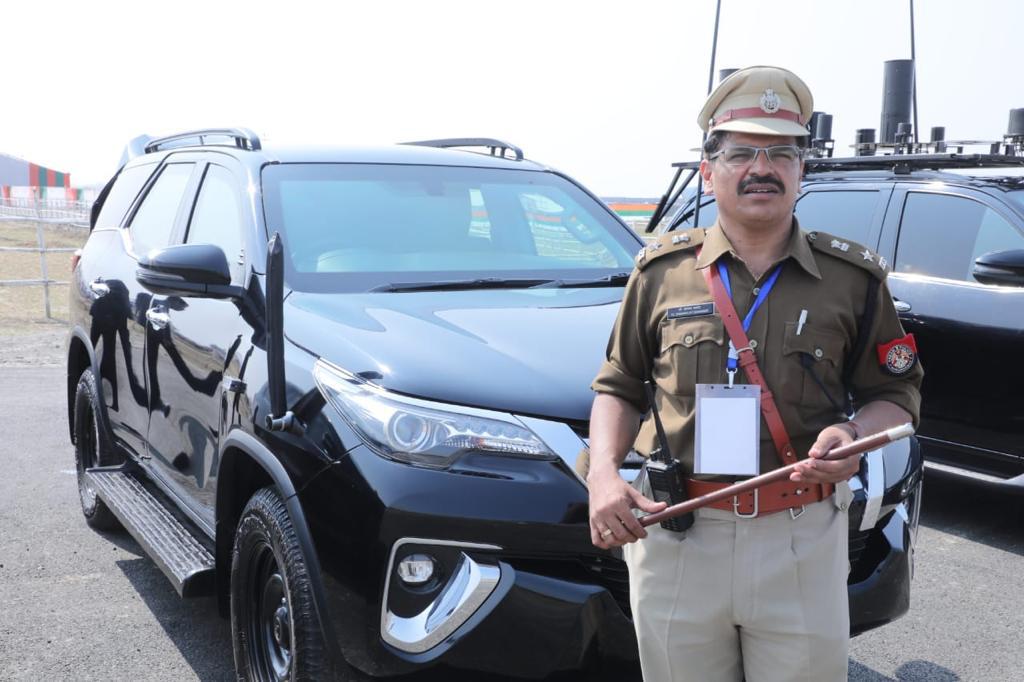
PHARMA SENTINEL
During the first wave, a lot of people were buying over-the-counter medicines if they had any Covid symptoms, to avoid being identified. It was then that the officer launched his ‘Pharma Sentinel’ initiative.
“When we noticed that people were trying to escape the net, we handed all pharmacies a link to a google form where they had to fill in the name of the patient, the name of the medicine, and the phone number of the buyer. These numbers would then get a call from the police control room. We collected 35 random samples from among them and found out that the positivity rate was very high, about 70 per cent. These cases would have gone unreported otherwise. In this way, we were able to contain the spread.”
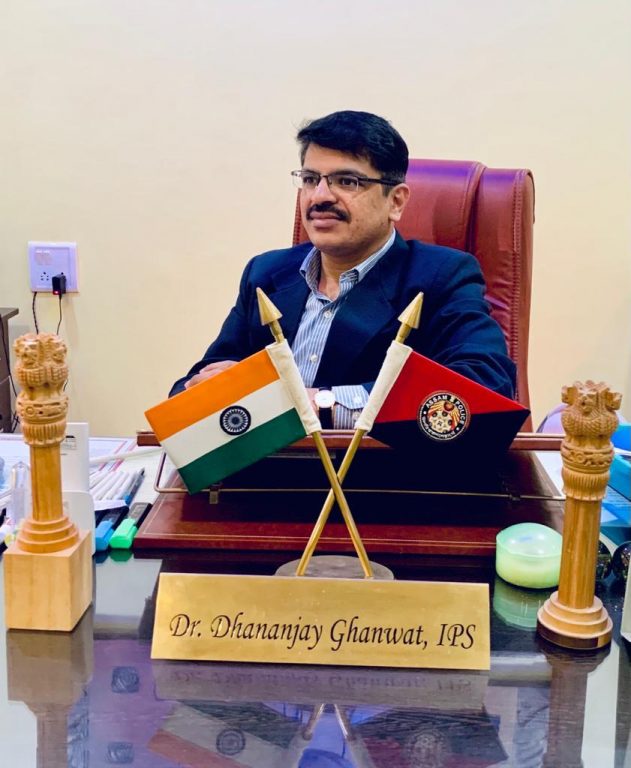
MEDICAL KIT FOR POLICEMEN
Dr Ghanwat also made sure every police station and outpost in his district had a medical kit which contained an oxymeter to calculate SP02, thermometer to measure temperature, glucometer to measure blood sugar and sphygmomanometer to check blood pressure. He made it mandatory for all police personnel to get themselves checked periodically and fill up the details in a google form for records. “This way, we could test the health parameters of all our staff, and take care of them.”
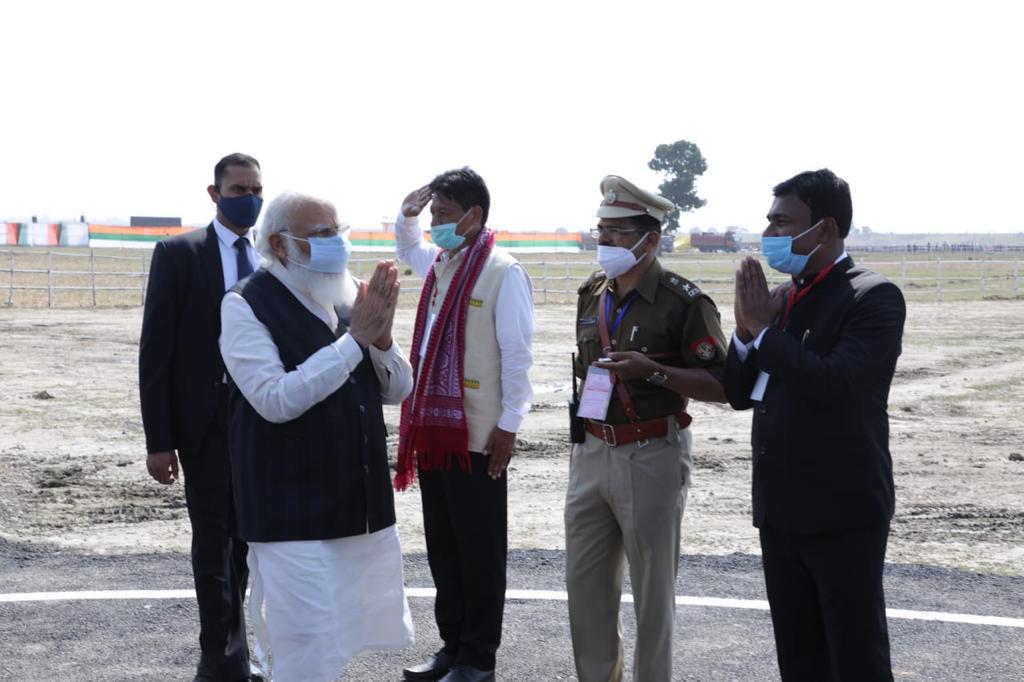
MBBS TO IPS
After completing MBBS, Dr Ghanwat, who hails from Satara, Maharashtra, started working in ONGC Mumbai as a medical officer. After a while, he quit this job to teach in a private medical college so that he gets more time to devote to his UPSC preparation. He cracked CSE in 2009 and joined IPS. And the rest is history. His message to all young aspirants is: “If you have a passion, remain committed to it. Pay more attention to the ‘longing and belonging’ within you. Dream big, follow your passion, and you will get there!”
